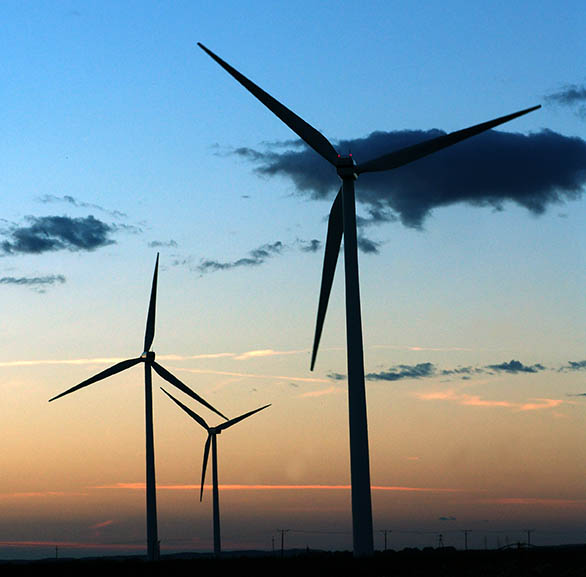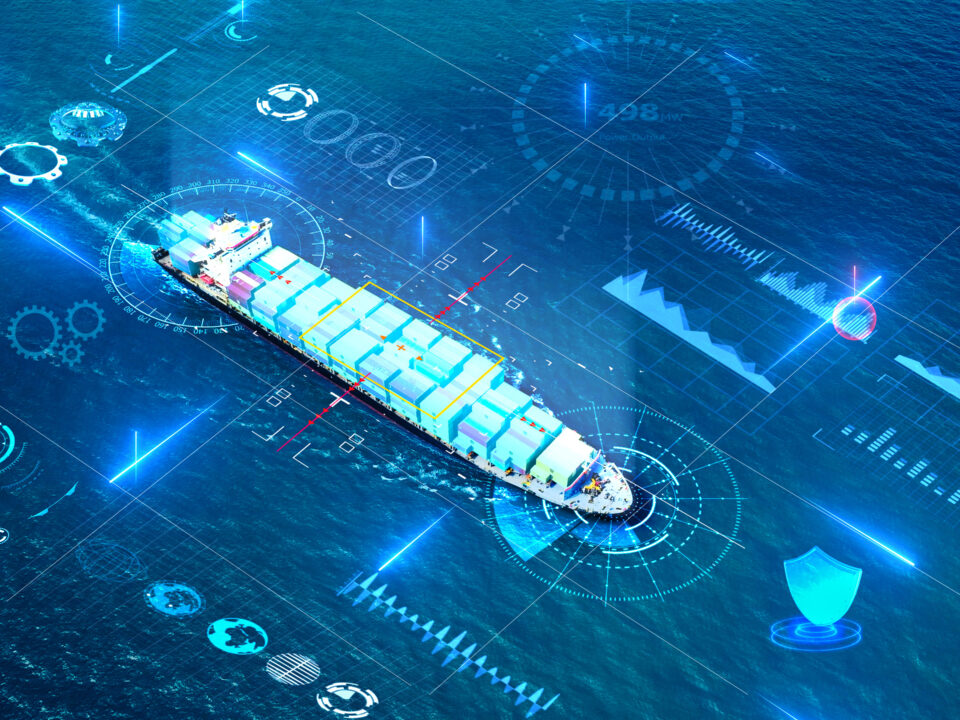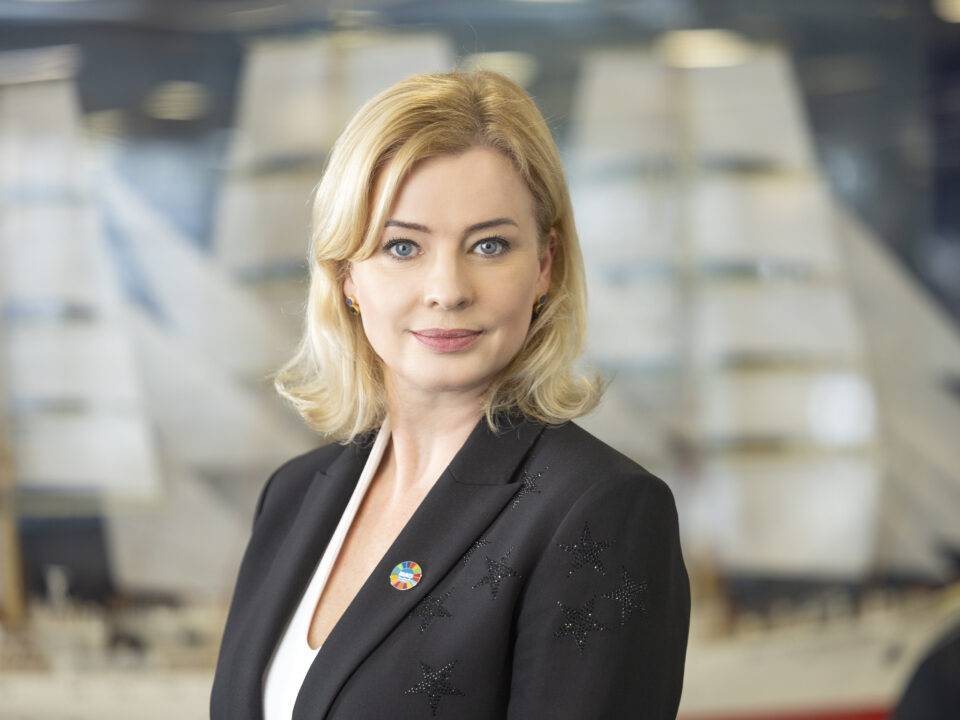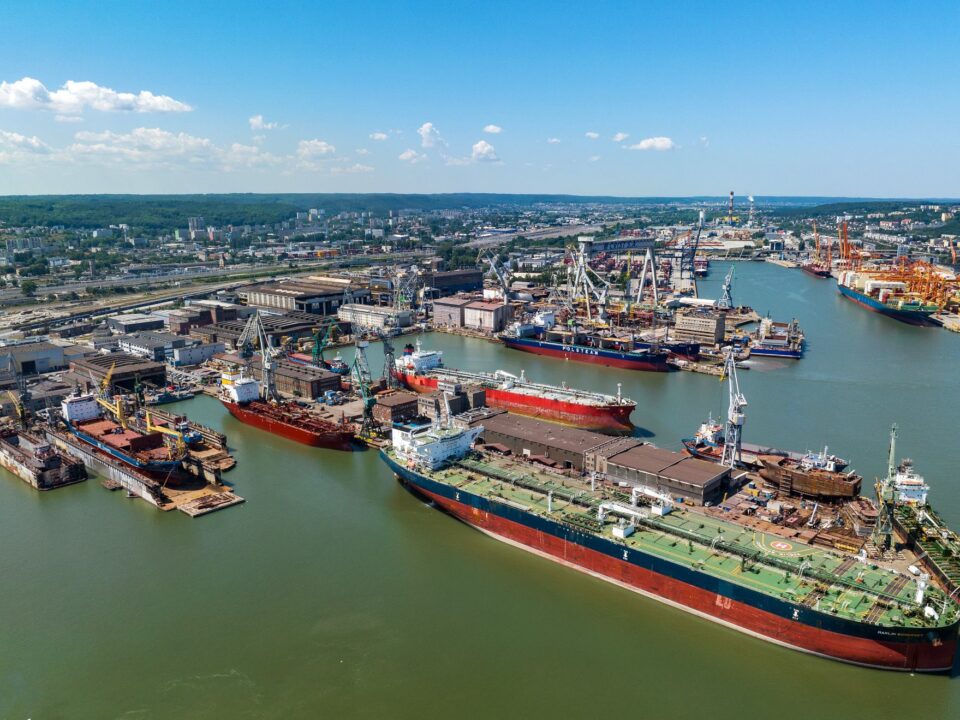
Blockade kills logistics companies
19 June 2024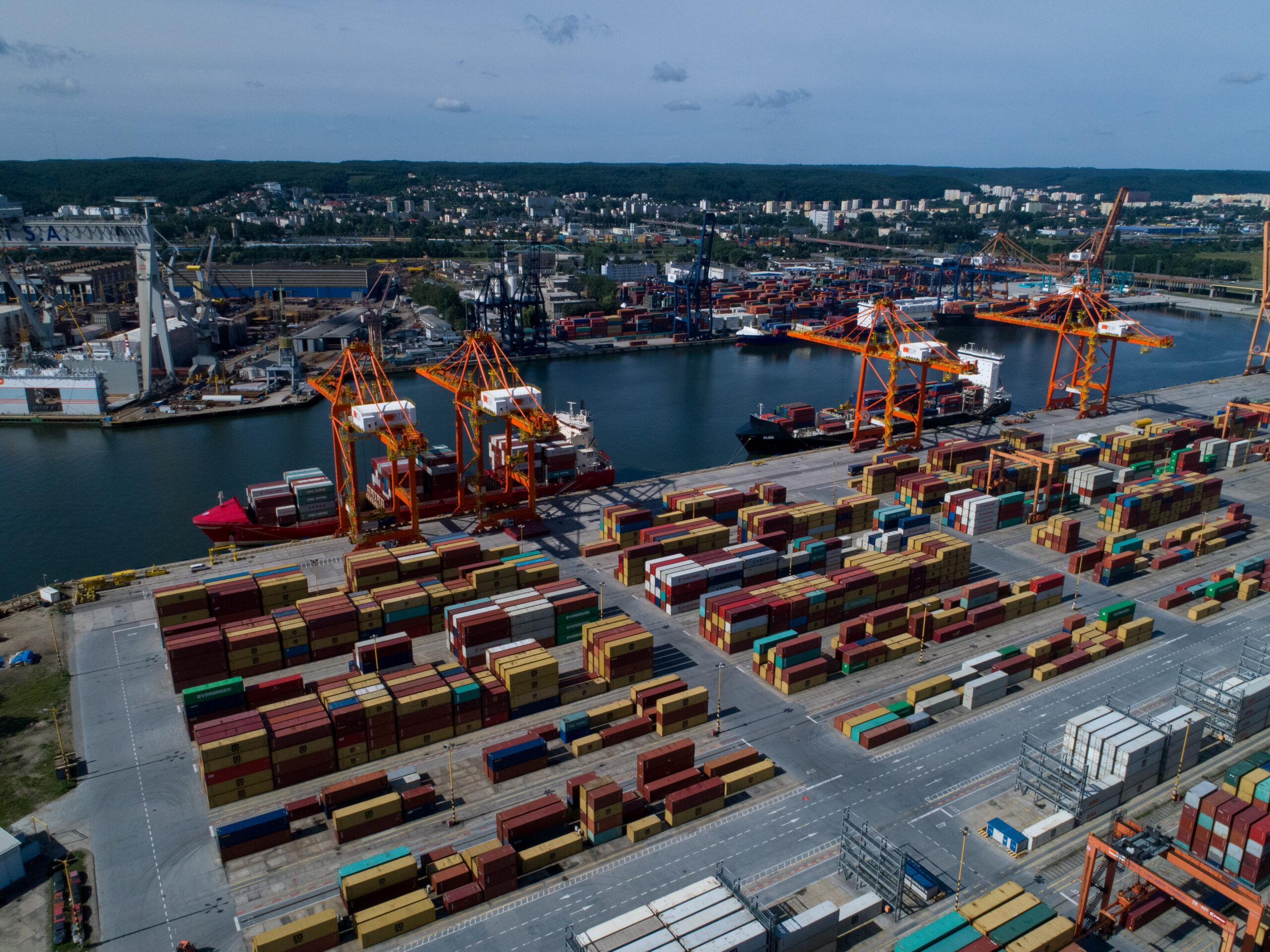
Taxation of Polish ports
21 June 2024Poland can become a European leader in the development of offshore wind energy, making a significant contribution to the European Union’s energy and climate goals. In addition, offshore wind energy can be an important element in building the country’s independence and energy security. Preparations are currently underway for 9 projects under Phase I of building the nation’s offshore wind power.
According to Janusz Gajowiecki, president of the Polish Wind Energy Association, the EU’s assumptions for wind energy assume a doubling of the obtained power from the current 250 GW to 500 GW, offshore and onshore, by 2030. This means commissioning 356 MW of farms every year. In his opinion, the assumptions sound realistic. In the case of Poland, on the other hand, the government’s document “State Energy Policy to 2040” assumes that 14.5 GW of capacity will be commissioned by 2030 (although according to the Ministry of the Environment it will be 15.8 GW), while by 2040 it is expected to be 16.4 GW. The Polish Wind Energy Association is more optimistic. It assumes that 26.6 GW could be commissioned by 2030, and up to 69 GW by 2040, of which offshore is expected to be 8.6 GW and 33 GW, respectively. This is of course after overcoming all the problems faced by developers, such as, among others, the distance law (which is to be further liberalized), the overly long investment preparation process for administrative reasons (5-7 years onshore and 13 years offshore, consents and approvals from 11 authorities and the submission of 100 documents), insufficient grid connection infrastructure, a change in the traditional direction of energy supply – in the near future it will be sent from north to south or, in a global context, problems with components for the planned offshore and onshore projects. It was also stressed that the EU calls for the project preparation process to close within a maximum of 2 years. In Germany, for example, it is 2.5 years, while construction covers another four years.
– Over the next six years, investments in the construction of new wind farms in Poland will cost €3 billion, resulting in the construction of 2,500 new facilities. These are funds that should go to Polish companies operating in local content, and as a result to the entire Polish economy – said Mirosław Bendzera, president of Famur.
In turn, Piotr Maciołek, a member of Polenergia’s board of directors, believes that investments of the first phase of Polish offshore wind, i.e. the construction of 5.9 GW, are already secured in terms of support. Therefore, it is necessary to prepare now for the implementation of Phase II, which could be a huge challenge for the Polish energy system. Among other things, it is offshore wind farms that are to replace coal-fired power plants, which are to be gradually phased out. In turn, surplus wind energy should be stored, or used to produce hydrogen or synthetic fuels. For Phase II of the Polish offshore wind development, licenses for 10 areas were allocated at the end of 2023.
– I believe that we should enter Phase II of offshore wind in Poland, which is expected to provide 16 GW, straight away. We need to start implementing new projects right away, after phase I projects are completed, without unnecessary delay – said Katarzyna Suchcicka, CEO of OX2 Poland, during a panel on offshore wind energy.
Especially since, as Jacek Bartmiński, deputy minister of state assets, pointed out, the delay with Phase I of offshore construction is currently about six months. According to plans, however, the first offshore farms should be operational in 2026.
– I asked that the Department of International Cooperation hold a meeting with all beneficiaries of the first phase in order to speed up procedures, to speed up the resolution of potential problems in cooperation. For us, the priority is not to manage the money we received for this purpose from the National Reconstruction Plan, but to spend it so that the final beneficiaries and subcontractors benefit from it and the entire Polish economy – Minister Bartmiński assured.
Article developed with Namiary na Morze i Handel magazine
phot. Namiary na Morze i Handel magazine



